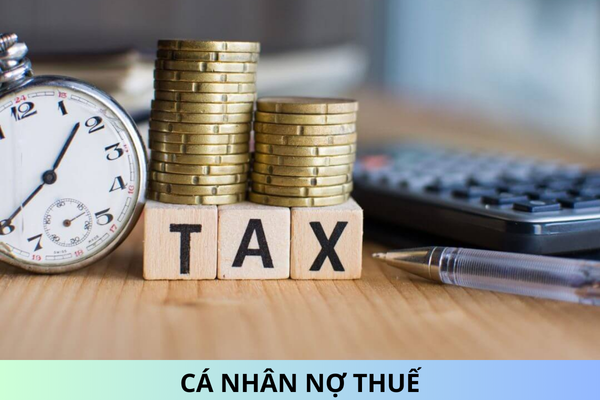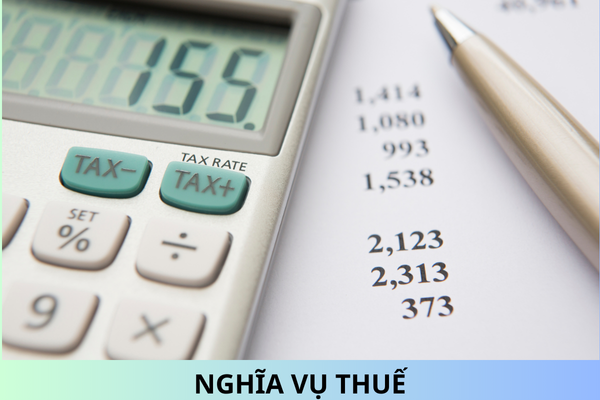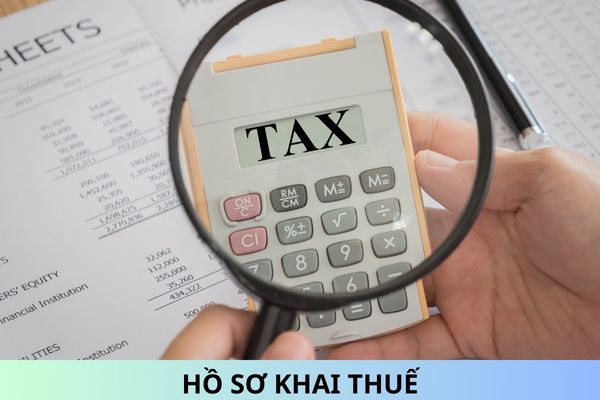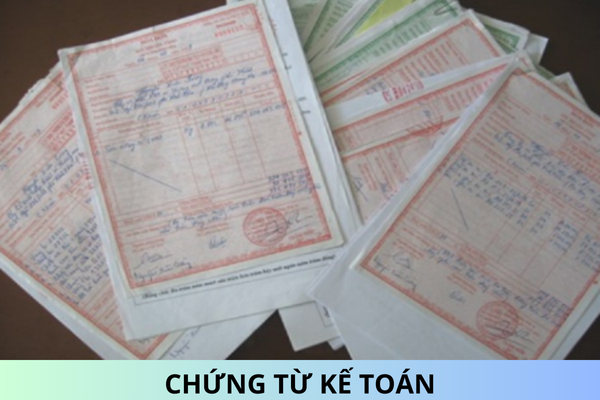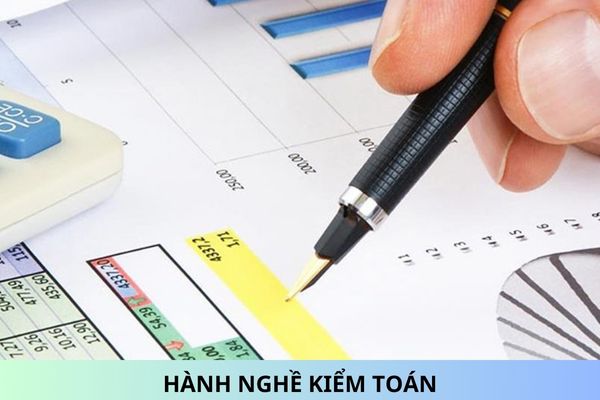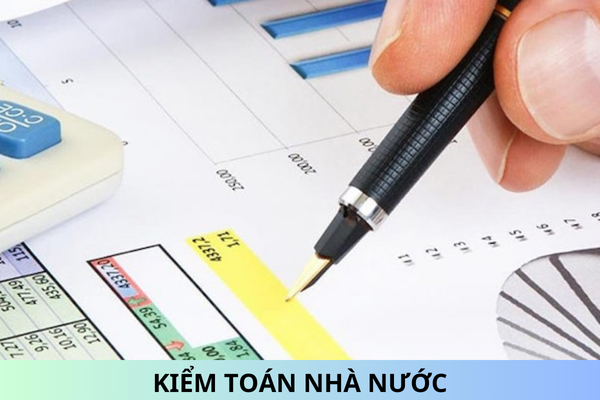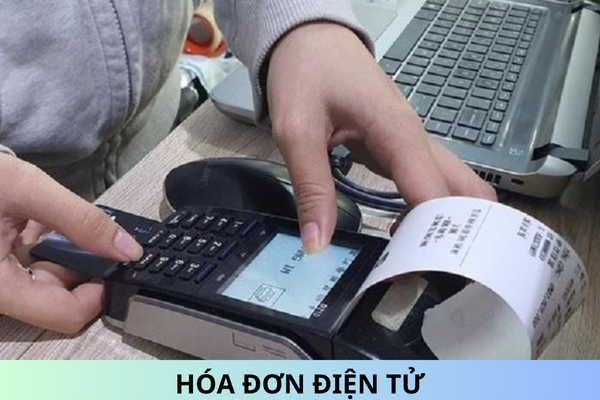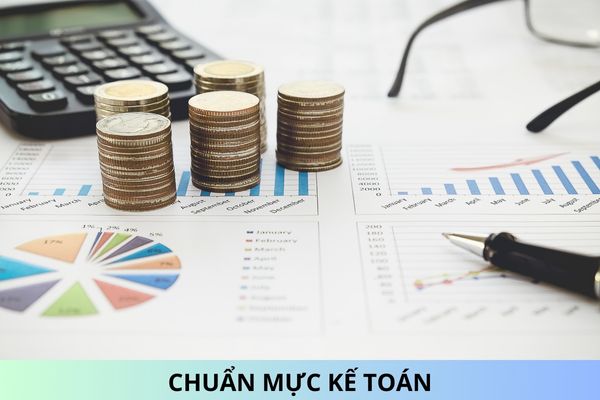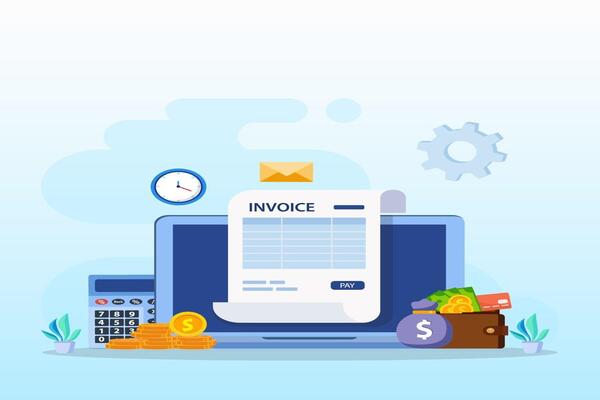What is e-invoice? What are regulations on the e-invoice format in Vietnam?
What is e-invoice? What are regulations on the e-invoice format in Vietnam? Thank you! - Mr. Quan (Ha Noi)
What is e-invoice in Vietnam?
Pursuant to Clause 2 Article 3 of the Decree 123/2020/ND-CP, e-invoice means an invoice, with or without the tax authority’s authentication code, in the form of electronic data, issued by the goods seller or service provider by using electronic instruments to record information on the sale of goods or service provision in accordance with regulations of the Law on accounting and the Law on taxation, including the invoices generated by POS cash registers that are digitally connected to tax authorities. To be specific:
There are 02 types of e-invoice in Vietnam, including:
- Authenticated e-invoice means an e-invoice that is granted an authentication code by the tax authority before it is sent to the buyer by the goods seller or service provider.
- Unauthenticated e-invoice means an e-invoice that is sent to the buyer by the goods seller or service provider without the tax authority’s authentication code.
What is e-invoice? What are regulations on the e-invoice format in Vietnam? - image from internet
What are regulations on the e-invoice format in Vietnam?
Pursuant to Article 12 of the Decree 123/2020/ND-CP stipulating e-invoice format in Vietnam:
E-invoice format
1. The e-invoice format is the technical standards for type of data, length of data of information fields serving transmission, storage and display of e-invoices. E-invoices shall be XML (extensible Markup Language) documents, which are meant to share electronic data between IT systems.
2. The data of an electronic invoice consists two components: information about the transaction and the digital signature. Authenticated e-invoices shall also contain the data of the tax authority’s code.
3. The General Department of Taxation shall develop and announce the format of transaction-related information, digital signatures and tools for display of e-invoices prescribed herein.
4. The following requirements must be met when sellers directly transmit data to tax authorities:
a) Connect to the General Department of Taxation via a separate channel or MPLS VPN Layer 3, including 1 main channel and 1 backup channel. Each channel has a minimum bandwidth of 5 Mbps.
b) Use an encrypted Web Service or Message Queue (MQ) for connection.
c) Use Simple Object Access Protocol (SOAP) to compile, transmit and receive data.
5. Contents of e-invoices shall be fully and accurately displayed, ensure readers can read them with electronic devices.
As regulations above, the e-invoice format in Vietnam is as follows:
- E-invoices shall be XML (extensible Markup Language) documents;
- The data of an electronic invoice consists two components: information about the transaction and the digital signature. Authenticated e-invoices shall also contain the data of the tax authority’s code.
- The following requirements must be met when sellers directly transmit data to tax authorities:
+ Connect to the General Department of Taxation via a separate channel or MPLS VPN Layer 3, including 1 main channel and 1 backup channel.
+ Each channel has a minimum bandwidth of 5 Mbps.
+ Use an encrypted Web Service or Message Queue (MQ) for connection.
+ Use Simple Object Access Protocol (SOAP) to compile, transmit and receive data.
- Contents of e-invoices shall be fully and accurately displayed, ensure readers can read them with electronic devices.
What are prohibited acts related to invoices and records in Vietnam?
Pursuant to Article 5 of the Decree 123/2020/ND-CP stipulating prohibited acts related to invoices and records in Vietnam:
1. For tax officials:
- Disturb or cause difficulties to organizations/individuals buying invoices/records;
- Protect or enter into collusion with organizations/individuals to use illegal invoices/records;
- Take bribes when carrying out invoice-related inspections.
2. For goods sellers, service providers, organizations and individuals with related rights and obligations:
- Perform deceitful acts such as use of illegal invoices or illegal use of invoices;
- Obstruct tax officials in performing their tasks, including acts of obstruction that harm the health or dignity of tax officials who are performing invoice/record-related inspections;
- Illegally access, falsify or destroy invoice/record information systems;
- Give bribes or perform other invoice/record-related acts for obtaining illegal benefits.
Best regards!
